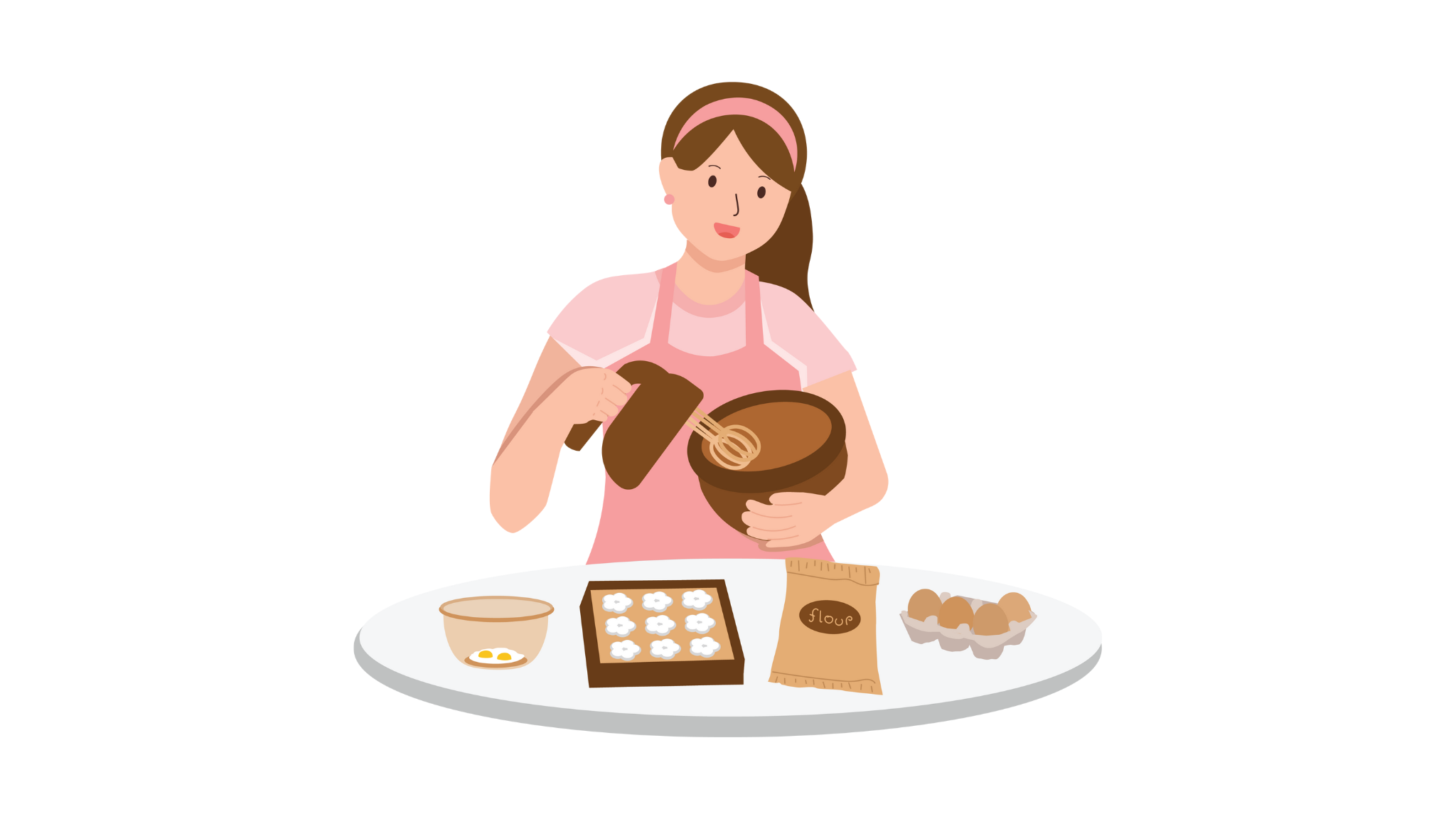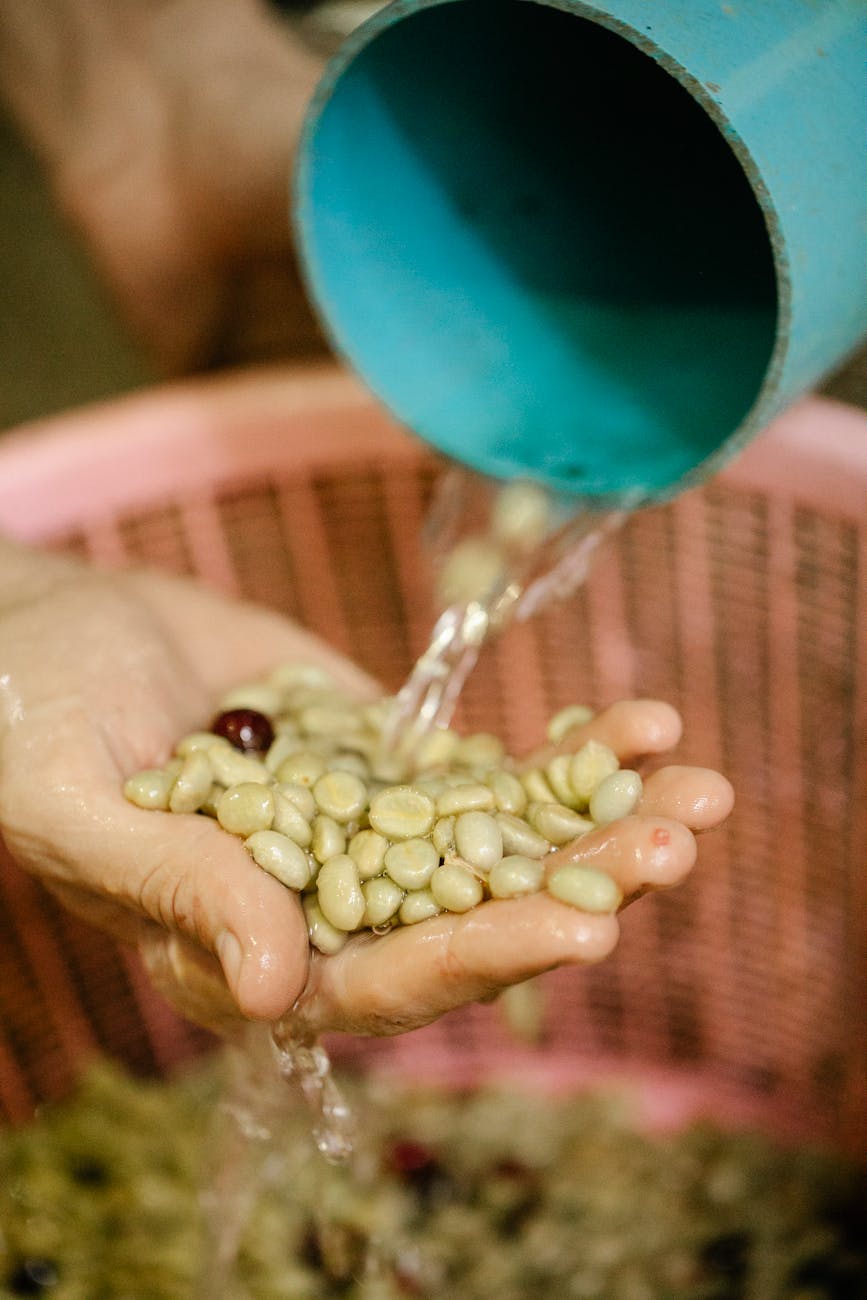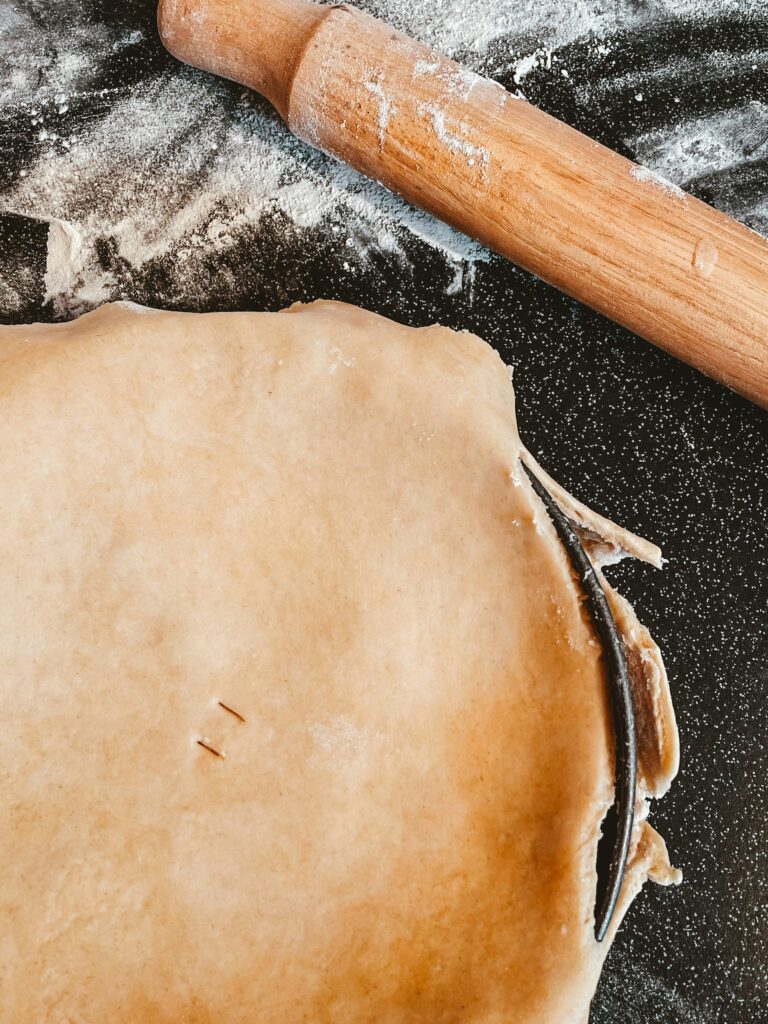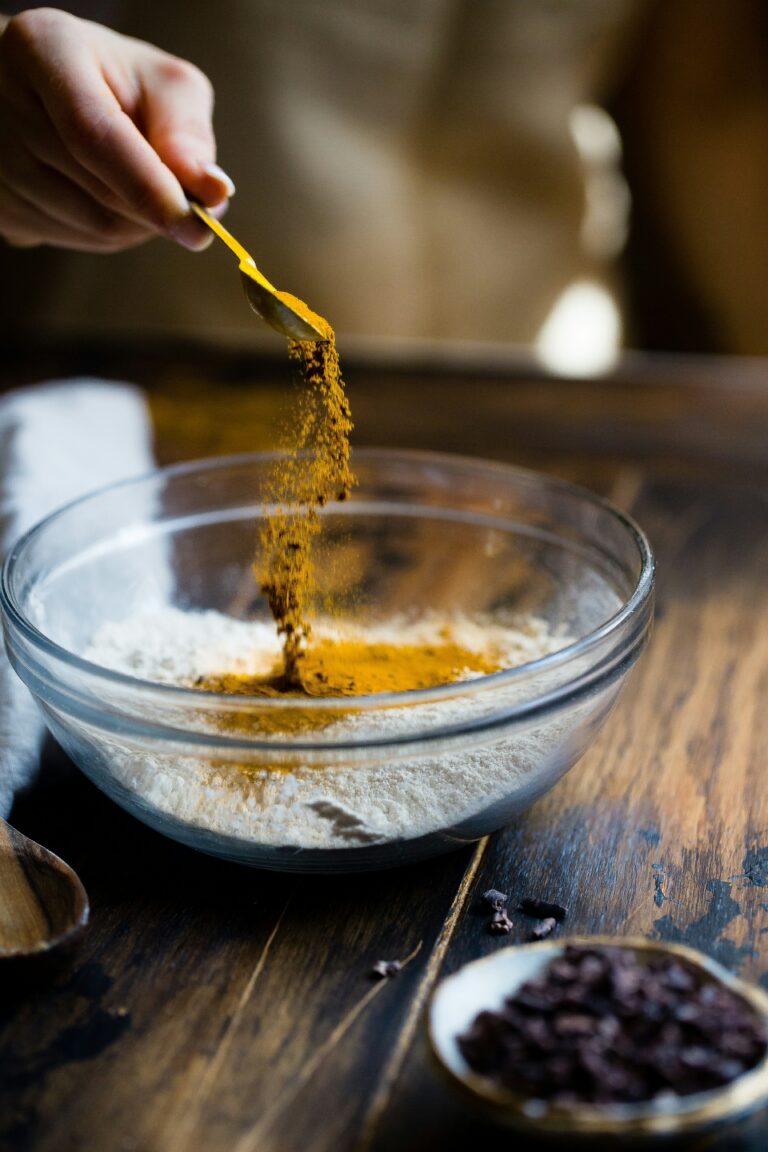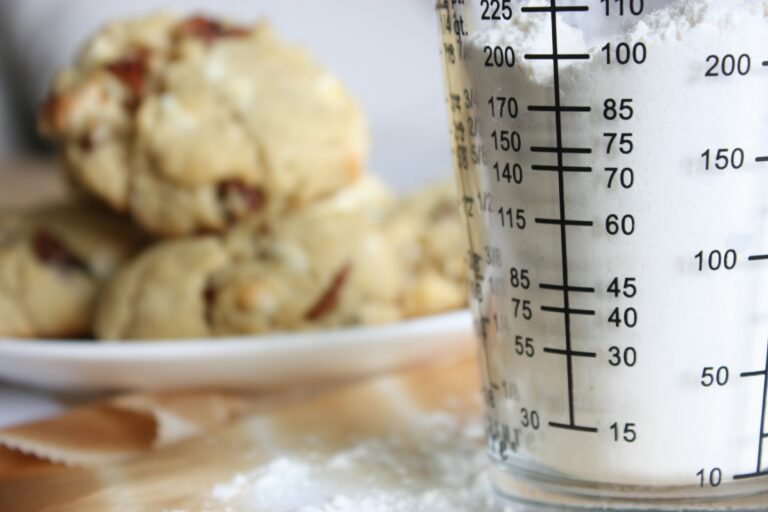Figuring Out Cheese Measurements
Measuring cheese in recipes can be like trying to catch a greased pig—it’ll have you sliding all over the place. One minute you’re guessing cups, the next you’re fretting over grams. Today, let’s tackle the age-old challenge of converting cheese amounts from cups into grams, so your recipes don’t leave you cheesed off.
The Cheese Measurement Head-Scratch
Cracking the code from cups to grams isn’t exactly a walk in the park. Cheese comes in all shapes and densities—a bewitching potion of softness, firmness, texture, and even dampness. A cup of fluffy grated cheese doesn’t weigh the same as a neat cube or shred. So, next time you’re wrestling with a recipe, remember, it’s not just the cheese type but how it’s packed that really curdles the milk!
Why We Pop Cheese into Cups
Cups are about as traditional in the kitchen as a grandmother’s secret soup recipe. They’re quick, easy, and let’s be honest, “close enough” is sometimes our chef mantra. But beware, my fellow cheese lovers, whether your cheese is creamy and soft or sharp and rugged, it can fill a cup in all sorts of surprising ways that might leave your dish wishing you’d measured things a tad more scientifically.
The Many Faces of Cheese in a Cup
Cheese in a cup can flip-flop in weight ’cause of a few sly factors. Think about it—moisture content, density, and how the cheese lounges in that cup all bully their way into affecting the weight. Packing methods—whether you’re squashing it down or lightly spooning it in—also mess with your measurements. Nail your cheese measuring technique, and soon you’ll be the cheese whisperer of your kitchen.
Curious for a more in-depth guide on how to whip those cheese measures from cups to grams and back again? Peek at our piece on your ultimate guide to cup-to-gram conversions. With these skills, you’ll whiz through recipes asking for cheese by the cup without even breaking a sweat—or a cheese string.
The Cheese-Cup Connection
Getting the right scoop on measuring cheese can make or break your culinary masterpiece. It’s like parallel parking with no dents—simple yet nerve-wracking if you haven’t nailed it down. Cheese is a beloved star in many recipes, but dialing in the right amount can be tricky. Let’s figure out how many grams of that cheesy goodness fit into a cup and share some nuggets o’ wisdom for getting it spot on.
Grams of Common Cheese Varieties in a Cup
We all know kitchen success starts with measurement. Mess that up, and your dish might ghost you. So, here’s the lowdown on what weighs what when it comes to different cheeses:
| Cheese Variety | Grams in 1 Cup |
|---|---|
| Cheddar Cheese | 113 g |
| Mozzarella Cheese | 112 g |
| Parmesan Cheese | 100 g |
| Swiss Cheese | 108 g |
| Feta Cheese | 150 g |
| Ricotta Cheese | 246 g |
Now, don’t tattoo these numbers on your arm because they might wiggle around a tad based on cheese density and how it’s chopped up. Curious about more cup-to-gram wizardry? Sneak a peek at our conversion guide.
Tips for Accurate Cheese Measurement
Alright, here’s the dirt on getting that cheese count just right—so you don’t have to guess while whipping up grandma’s casserole.
-
Shred or Cube It: Don’t just chuck that block into the cup. Shred or cube it first. Makes it easier to wrangle and measure.
-
Easy Does It: Fill the cup gently—pack it too tight, and you’re doing a disservice to cheese-loving taste buds everywhere.
-
Right Tool For the Job: Get a standard dry measuring cup. Using a liquid one is like putting a fork in the dishwasher facing up—just don’t.
-
Density Drama: Different cheeses got their own personality (read: density), so memorize each type’s number if you’re a serious cheese head.
-
Shape Matters: Whether it’s shredded, chunked, or crumbled, pick a style and stick to it for the best consistency.
Mix these tips into your kitchen rituals, and you’ll soon be the envy of chefs everywhere. Whether you’re sprinkling Parmesan with the grace of a ninja or layering Swiss like a pro, nailing those cheese measurements can take your flavors to new heights.

